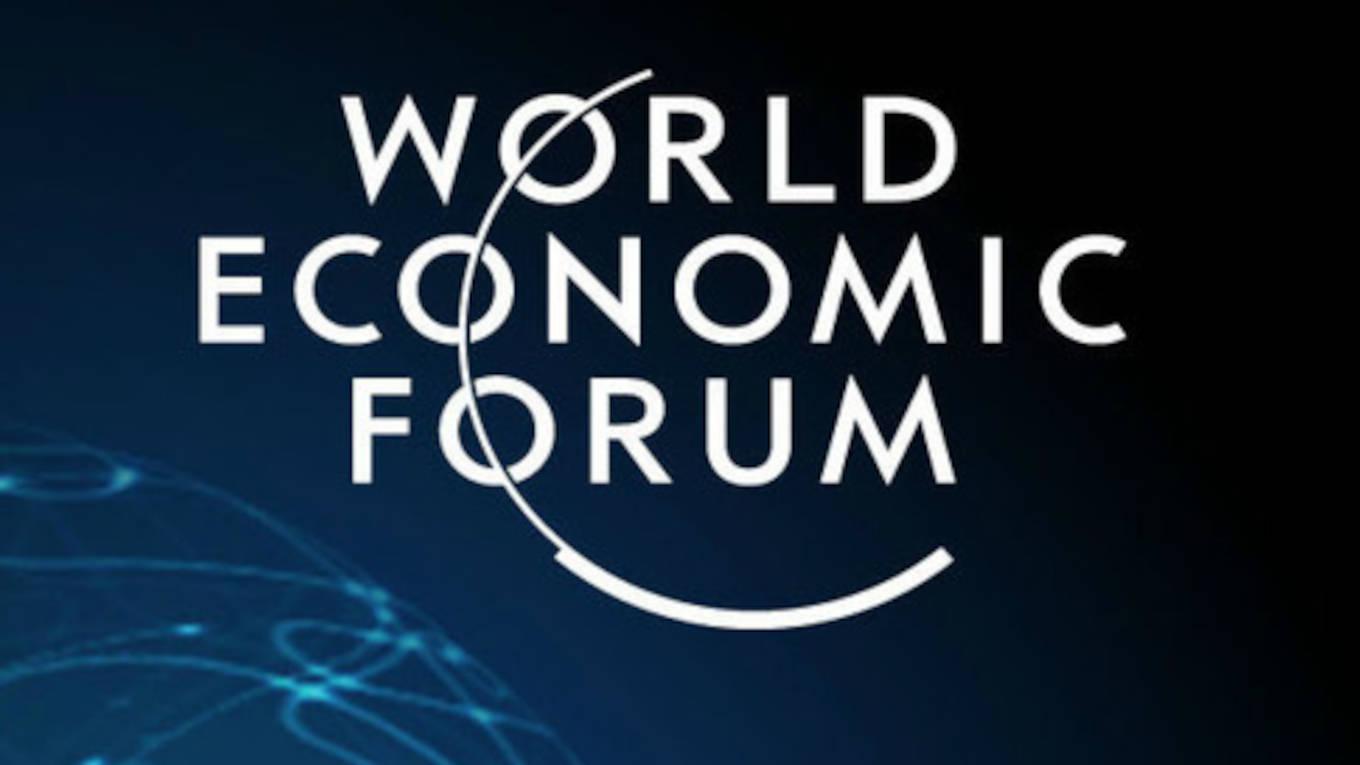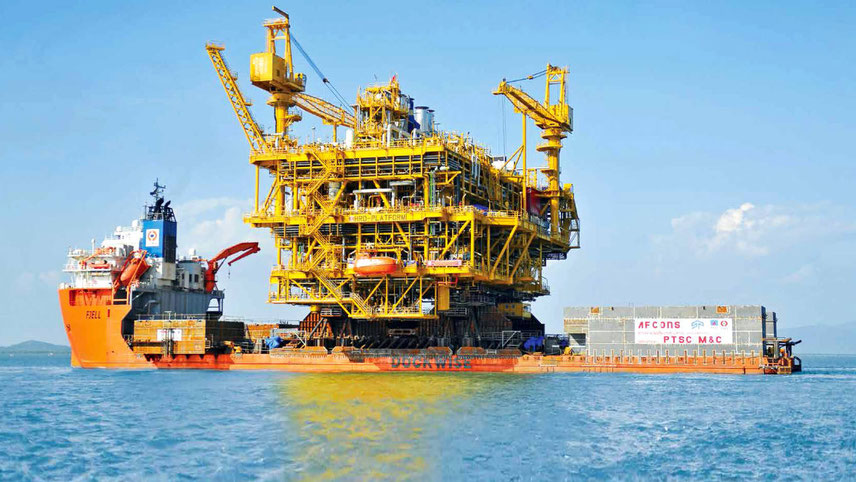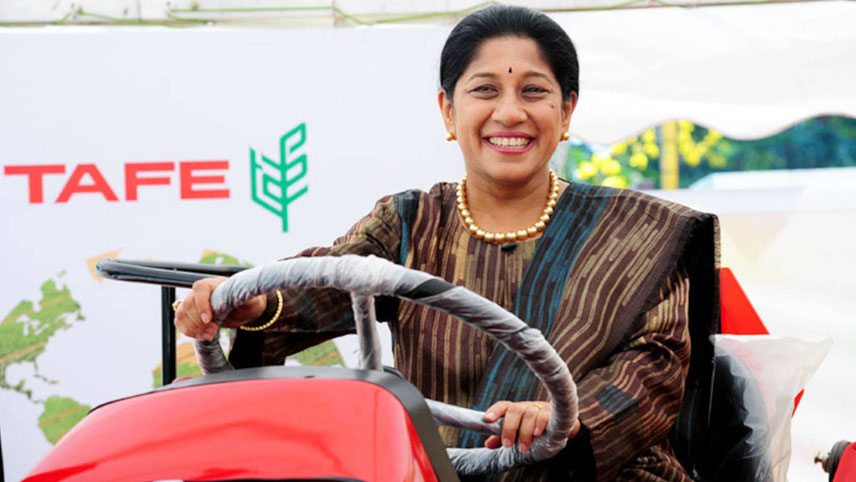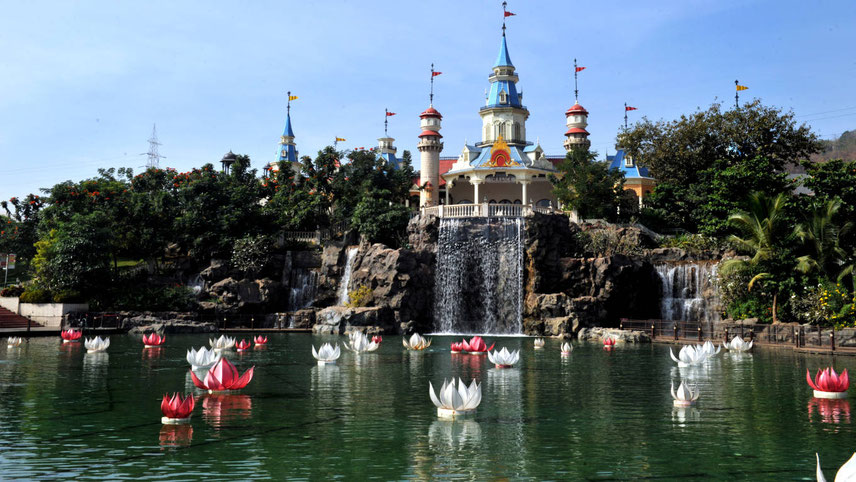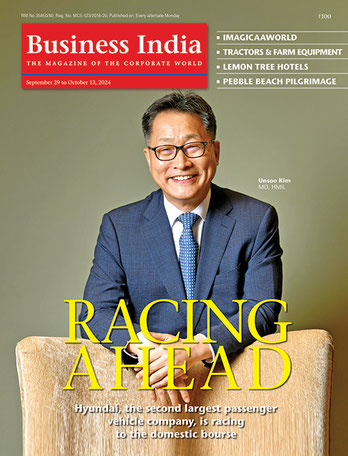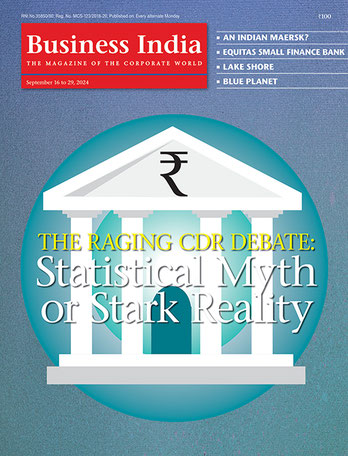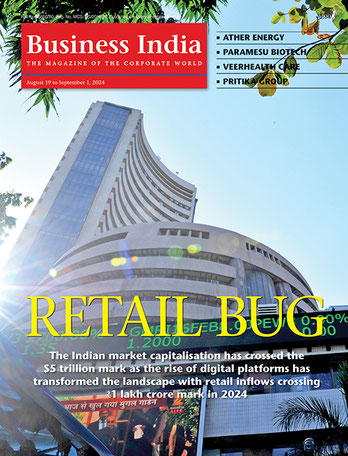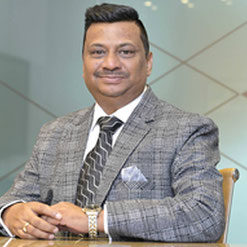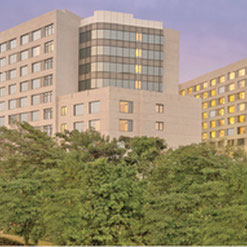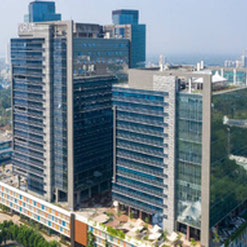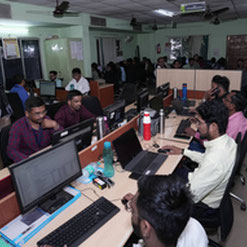-
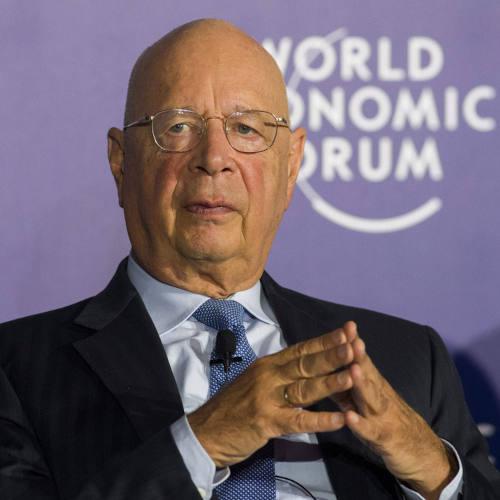
Schwab: reimagine capitalism
As part of the discussions on what policies, practices and partnerships are needed to embed equity and inclusion into our economic systems, the WEF announced an international coalition, which would work towards improving racial and ethnic justice in the workplace. Indian IT majors Infosys and TCS joined global giants like Microsoft, Facebook, Google and Bank of America in the coalition, which include 48 organisations representing 13 industries, with more than 5.5 million employees worldwide and with headquarters in three continents.
Xi’s speech
At the stripped-down virtual summit, the most-awaited speech was that of Chinese president Xi Jinping. “The problems facing the world are intricate and complex,” he said. “The way out of them is through upholding multilateralism and building a community with a shared future for mankind”. The Chinese leader reminded the world that, despite the trillions of dollars in relief package as part of fighting the corona-virus-induced recession, the global recovery remains shaky. He suggested macro-economic policy co-ordination and revision of ‘the driving forces and growth models of the global economy’ for long-term and steady development.
The speech may have echoed the similar theme of multilateralism from his 2017 address. Also, Xi’s current speech and the one in 2017 have both coincided with a leadership transition in the US, the world’s largest economy. While Beijing may have capitalised on the former Trump administration’s suspicion of and recoiling from multi-lateralism, its embrace of global governance has been an enduring characteristic of Xi’s leadership. His latest speech may not have revealed a new direction for the country’s conduct of foreign affairs, but it underlined that Beijing remains resolute in leading the call for the Global South (denoting regions outside North America and Europe) and the developing world to be given more voice, especially in times of crisis.
To us in India and others elsewhere, China’s less-than-transparent role in the Covid-19 pandemic, its relentless quest for global supremacy and sustained aggression on our border makes these words sound hypocritical. Yet, today’s circumstances are markedly different than 2017. The current economic crisis, for one thing, is comparable in scale only with the Great Depression of the 1930s.The anti-poverty campaigner Oxfam’s report, The inequality virus, released on the opening day of Davos Dialogues, highlights the sharp contradictions in the global economy brought out by the pandemic. In the Indian context, the report said that our 100 top billionaires saw their fortunes increase by Rs12,97,822 crore since March last year, when the pandemic hit the country and this amount is enough to give 138 million poorest Indians a cheque for Rs94,045 each.
-
Other global leaders, who marked their presence on the WEF platform by talking on a range of issues concerning these nations, included German Chancellor Angela Merkel, French President Emmanuel Macron and Israeli Premier Benjamin Netanyahu. More than 400 top industry leaders from across the globe attended the session online
But Xi basked in the glory of China growing at 2.3 per cent in 2000, the only G20 country to post growth. Industrial production led the economic comeback in his country. Production had grown 2.8 per cent year on year, owing to strong demand for personal protective equipment and electronic devices. China’s factories exported billions of masks through December, and orders for hospital gowns and ventilators and computers and office devices as locked-down populations globally worked from home, accelerated export growth for the year.
Bouncing back
More importantly, the economic output of China, the world’s second-largest economy, has come a step closer to the size of the US’ GDP. In fact, Chinese economy is now more than 70 per cent of the size of the US economy. And, the proportion is forecast to rise even further this year. Data from the US Bureau of Economic Analysis shows that the US’ GDP declined 3.5 per cent in 2020 on a yearly basis – the first negative reading since the financial crisis in 2009 and the lowest since 1946. The Eurozone too has shrunk by 7.4 per cent. India is expected to fare even worse at 7.7 per cent.
So, at a time when the world economy is taking a heavy blow from the raging corona virus, China will have to play a significant role in global economic revival. That is why Xi’s speech was important. However, a lot will depend on how US-China trade relations shape up. The new US president, Joe Biden, had given the event a miss, the only high-level representative of his administration being his international climate envoy John Kerry.
Like China, Russia too is seeking to gauge prospects for improving relations with the US under Biden. Addressing the WEF for the first time in 12 years, Russian President Vladmir Putin perhaps took a cue from the Oxfam report to conclude that the world risks are sliding into an ‘all against all’ conflict, amid tensions caused by the Covid-19 pandemic and growing economic inequality. He drew parallels with the 1930s, when he said a failure to resolve international problems sparked World War II. While Putin made no mention of nationwide protests in Russia in support of jailed opposition leader Alexey Navalny, it was obvious that the developments were at the back of his mind, when he said governments should strive to ensure decent living standards for all citizens after decades in which the focus had been on lowering taxes for the wealthy and corporations.
The new Japanese Prime Minister Yoshihide Suga, who has stepped into Shinzo Abe’s shoes, reaffirmed his country’s commitment to global free trade and pledged his government would play an active role. He said that the Regional Comprehensive Economic Partnership (RCEP), which was signed by 15 Asia-Pacific countries in December, would further promote multi-lateralism. “Amidst the protectionist moves due to Covid-19, Japan will exercise leadership in the efforts towards expanding free and fair economic values and strengthening rules based on the multilateral free trading system,” he noted. Suga also asserted that the Tokyo Olympic Games would go ahead.
Counter-poise
Three days later after Xi spoke, Prime Minister Narendra Modi’s speech on the theme, Fourth Industrial Revolution – using technology for the good of humanity, appeared to harp on the same theme of globalisation, albeit in a different context. For starters, the PM underlined India’s role in countering the pandemic. He said that more ‘Made in India’ Covid-19 vaccines are on the way to help speed up the world’s vaccination efforts, and India’s economy would help global growth recover from the aftermath of the pandemic. “During pandemic, we saw that Indian companies are capable of tackling supply shock, they maintained medical supply in India and across the world,” he said.
-
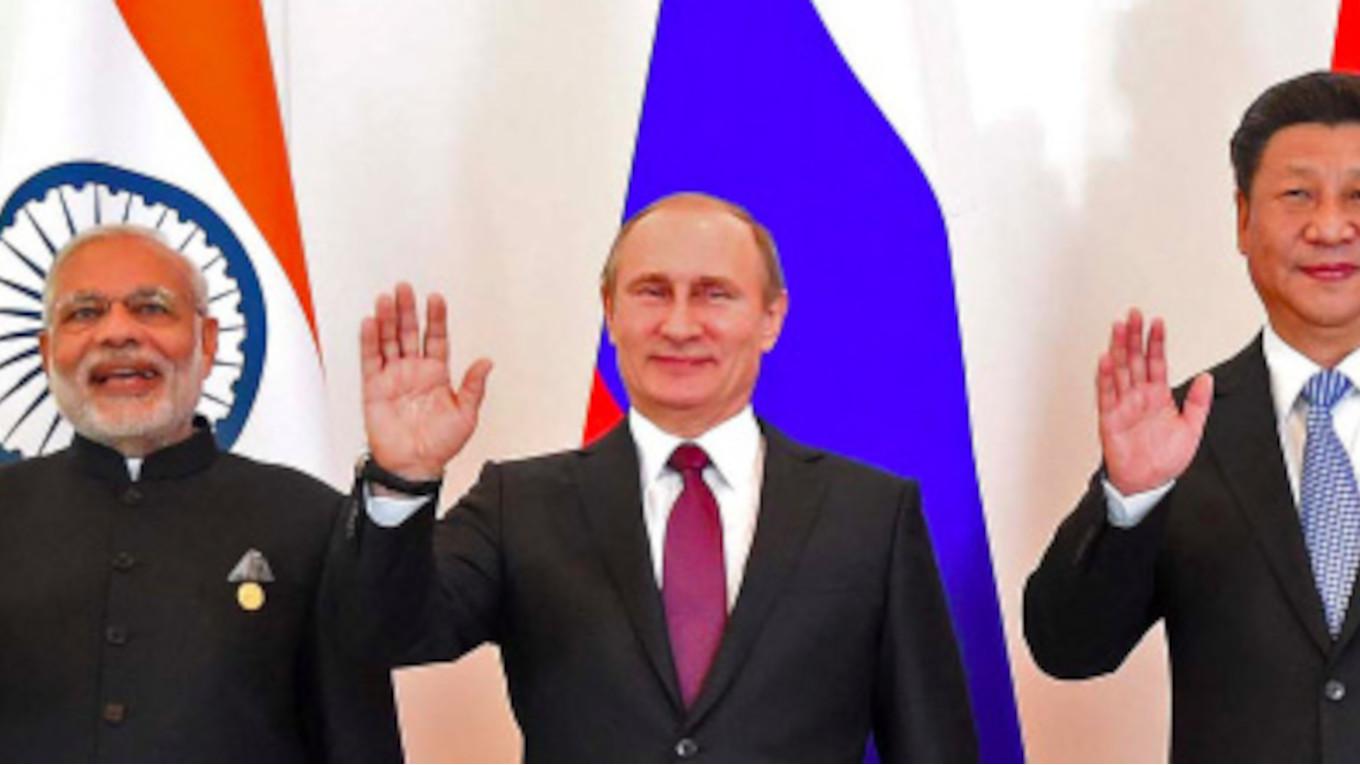
Modi, Putin and Xi: harping on the theme of globalisation. Photo courtesy: The Wire
Also, while seeking to assuage concerns of protectionism about India’s self-reliance aspirations as enunciated under the Atma Nirbhar Bharat programme, Modi said that this drive would support globalism with a new vigour. “I would like to assure all here that India’s every success will help the whole world’s success. Even Atma Nirbhar Bharat is committed to global supply chains. We have the capacity and reliability to be a part of the global supply chain. We have a large consumer base as well, and as it grows, it will help the world’s economy too,” he said. He invited global firms to take advantage of the $26 billion worth production-linked incentive (PLI) scheme announced by the government and expand their manufacturing in India.
“India is full of possibilities and self-confidence,” Modi affirmed. “During the crisis, we have undertaken several structural reforms and they are being supported by production-linked incentives. Now, from the tax regime to FDI norms, we have a predictable and friendly environment.”
Other global leaders, who marked their presence on the WEF platform by talking on a range of issues concerning these nations, included German Chancellor Angela Merkel, French President Emmanuel Macron and Israeli Premier Benjamin Netanyahu. More than 400 top industry leaders from across the globe attended the session online.
Modi’s question-and-answer session with CEOs produced some new insights into the policy initiatives of his government.
~ We are working on a strong law for data protection.
~ On the importance of infrastructure in a growing economy, the government will release a national logistic policy.
~ India is now working to provide unique health IDs to its 1.3 billion citizens for easy access to health care.
~ Several points have been decriminalised in Companies Law and, to raise competitiveness, connectivity infrastructure is being strengthened.
~ We are promoting the investment in frontier technologies like AI, additive manufacturing, and interdisciplinary cyber-physical systems.
Minorities’ rights
Among the Indian central ministers who participated in the event, Commerce Minister Piyush Goyal made a particularly significant speech, addressing the issue of treatment of religious minorities – an issue, which has gained importance in view of the renewed focus on the subject by the US under the Biden administration.
-
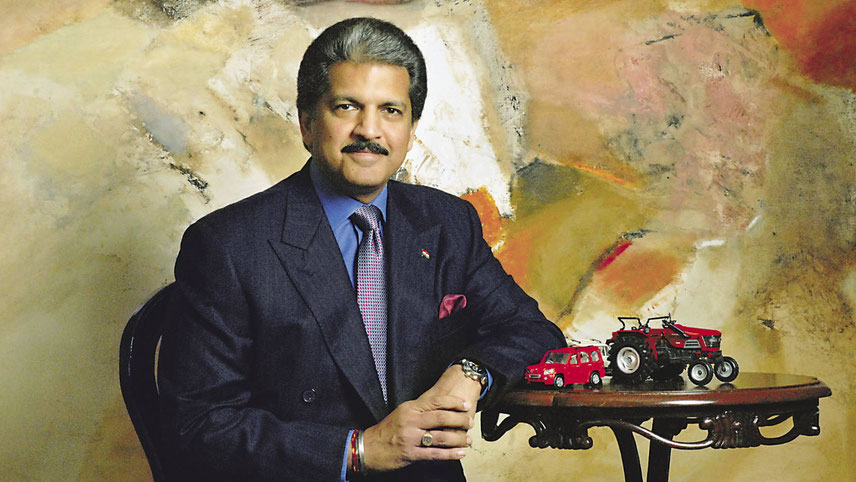
Mahindra: businesses need to find a purpose that is transcending. Photo: Palashranjan Bhaumick
“India is probably one of the most inclusive societies in the world,” said Goyal, speaking at a session titled Strategic Outlook: India. “India is a country which welcomes all diverse viewpoints and all diverse opinions. The Muslims in India are safer in India than any other part of the world in terms of equal opportunities.” Claiming that there was no discrimination in government schemes, the minister said citizens are not asked their religion, when being supplied electricity. “We also do not ask them their colour when we take toilets, digital tech, bank accounts, cooking gas to every home,” Goyal contended. “All our programmes are equal for all”.
Defending the government’s decision to enforce the Citizenship Amendment Act, the minister said that it was India’s duty to protect all people who are facing religious persecution. “Citizenship is an area that every country protects, that every country has the rules of the game, every country has citizenship laws that are respected by the world,” he added. He also argued that, of the 57 Islamic countries in the world, except for one or two, all others respect what India is doing and acknowledge that it is for the welfare of the people of India, across all religions.
